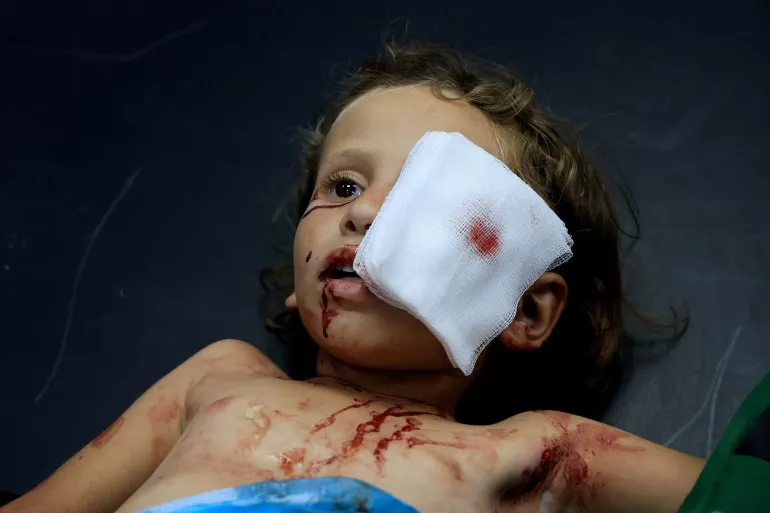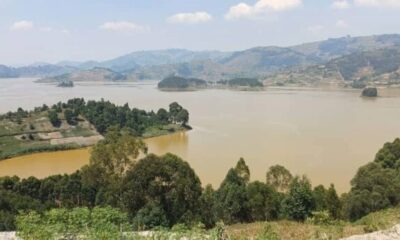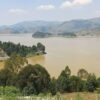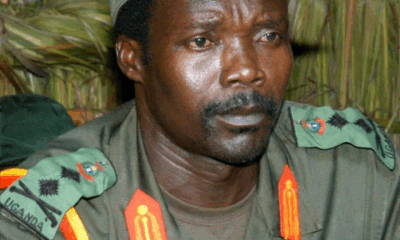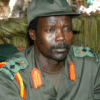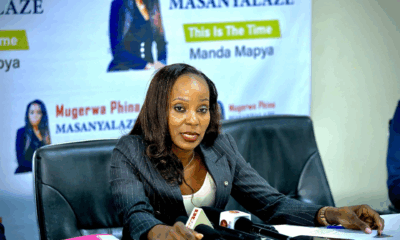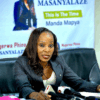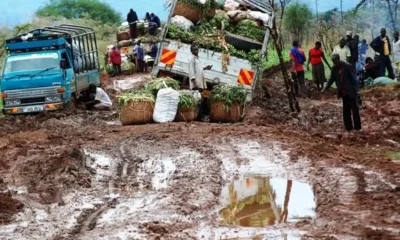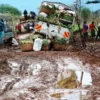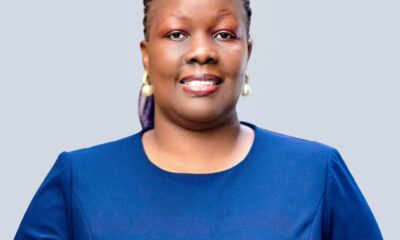Opinions
I Was Training To Heal Eyes in Gaza. Then Everything Went Dark
They bombed our classrooms, our wards, even our patients – but I refuse to stop treating the injured.
Before this catastrophe began, I was living the happiest days of my life, surrounded by the warmth of my family, the affection of my friends, and dreams that felt within reach. I spent most of 2023 preparing for my graduation and getting ready to move from lecture halls to practical training fields, rotating between the laboratories of the Islamic University in Gaza and the eye hospitals spread across the Gaza Strip.
On the evening of October 6, I was organising my books, tools and white coat, getting ready for a long training day at Al-Nasr Eye Hospital in Gaza. My feelings were a mix of excitement and nervousness, but I had no idea that night would mark the end of my peaceful life. At 6am the next morning, October 7, it wasn’t the sound of my alarm that woke me, but the sound of rockets. I opened my eyes, wondering, “Is this a dream or a nightmare?” But the truth was impossible to deny. A war had begun, turning our once-bright lives into a never-ending nightmare.
On October 8, I received the devastating news that my university had been destroyed – its laboratories, its classrooms and every place where I had learned how to help patients. Even the graduation hall, where I had pictured myself celebrating at the end of the year, had turned to rubble. I felt a sharp pain in my chest, as if a part of my soul had collapsed. Everything fell apart so suddenly. Overnight, all that I had dreamed of was reduced to ashes.
On December 27, 2023, the bombing in our neighbourhood intensified, and we were forced to leave our home and flee to the so-called humanitarian zones in Rafah. There, we took shelter in one of the hundreds of tents that had become the only refuge for survivors.
There was one thing I still held on to: my knowledge and modest experience in the field of eye care. I began to notice children and women suffering from persistent eye infections, caused by inhaling smoke and dust and constant exposure to dirt. Even I developed an infection in my own eyes. I looked at them, then at myself, and I knew I couldn’t just stand by and watch. I wanted to be a reason someone healed, a reason the light returned to their eyes.
In December 2024, I volunteered at Al-Razi Health Center, working in the eye clinic under the supervision of a remarkably compassionate doctor. At first, I was afraid and hesitant. The war had taken a toll on my memory and shaken my confidence. But the doctor told me words I will never forget: “You are hardworking. You’ll remember everything. And you will become a tool for healing others.”
Patients started arriving from everywhere: north, central and southern Gaza. The clinic wasn’t equipped for such numbers, but we did everything we could. I witnessed cases I had never seen before:
A four-year-old girl lost her vision completely due to severe corneal burns caused by an explosion near her home. She screamed in pain. She was far too young to endure such suffering. Despite the lack of resources, she underwent surgery to remove her damaged eye and replace it with an artificial one.
A man in his late 30s was struck by shrapnel in the face and suffered skull fractures. He had a torn upper eyelid and a deep corneal injury. He needed delicate surgery, but it was postponed multiple times because it required repeated general anaesthesia, which was impossible under the current conditions.
A young woman in her 20s had taken a direct hit that caused an orbital fracture and muscle tears around the eye, leading to hypotropia and facial asymmetry. She broke down emotionally at every visit. As a young woman like her, I felt her wound as if it were my own.
Comments



